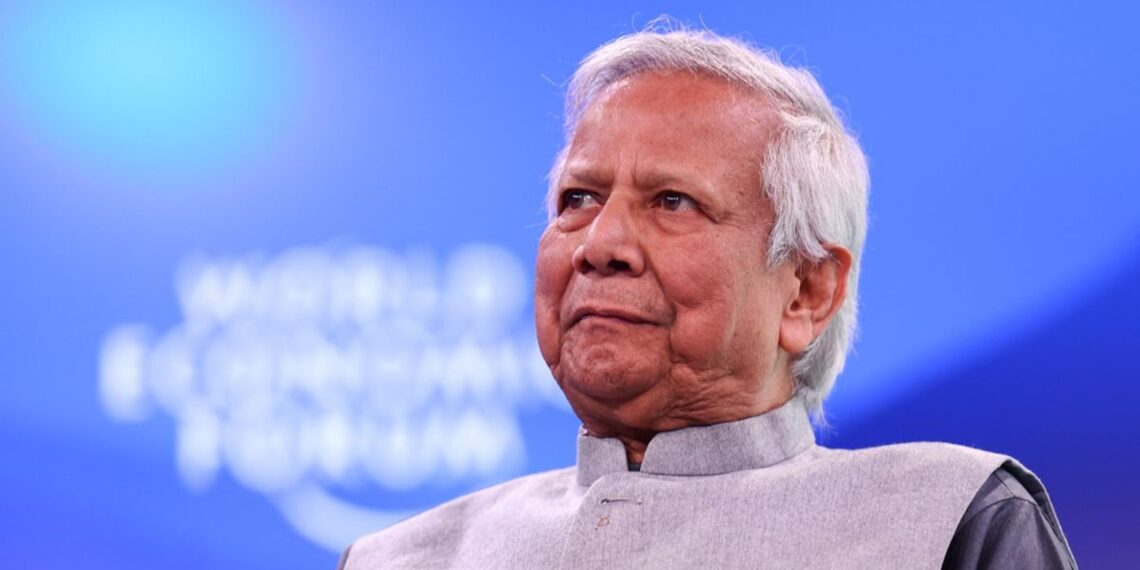The Bangladesh Nationalist Party (BNP) has strongly opposed the interim government’s stance on prioritising judicial and political reforms before holding general elections, calling instead for an immediate return to electoral democracy.
BNP Standing Committee Member Dr Abdul Moyeen Khan, speaking at a party membership campaign event on Saturday, criticized the interim leadership under Muhammad Yunus for what he described as a diversionary tactic to delay elections.
“BNP will no longer accept the logic of ‘reform before elections,’” Khan said, according to Dhaka Tribune.
“Reforms are a continuous process. The first duty of an interim government is to restore democracy — and that means returning power to the people without delay.”
Khan also urged party members to exercise discipline and not replicate the behaviour of ruling party activists.
“Our actions must reflect democratic values and self-restraint,” he added.
Echoing these views, BNP Senior Joint Secretary General Ruhul Kabir Rizvi emphasized on Friday that while reforms are important, they should not be used as a pretext to postpone elections. “Reform is not static like a mountain range; it is dynamic and ongoing,” he said.
Rizvi criticised the idea of enshrining the July Charter in the Constitution as a prerequisite for elections, calling it “misleading and confusing.”
“Let us not distract the public with conditions that delay the return of their voting rights,” Rizvi asserted. “The foremost priority must be restoring power to the people.”
The BNP’s comments come in response to recent remarks from National Citizen Party (NCP) Convener Nahid Islam, who stated that general elections should not be held before major reforms and trials take place.
Speaking at a public rally, he said, “Those pushing for elections without accountability and reform are the ones trying to defer them.”
The ongoing debate has intensified political uncertainty in Bangladesh, following the ousting of the Sheikh Hasina-led Awami League government in August 2024.
ALSO READ: Assam Rifles seizes meth tablets worth over Rs 112 crore in Mizoram near Myanmar border
Although the interim setup initially drew support from a broad coalition of opposition forces, cracks have begun to emerge over differences in strategy.
Critics argue that the Yunus-led administration lacks a transparent roadmap for restoring democracy and has failed to build consensus on the way forward.
What began as a united movement for change is now increasingly fragmented, with urgent calls from various sides to prioritise electoral legitimacy.















